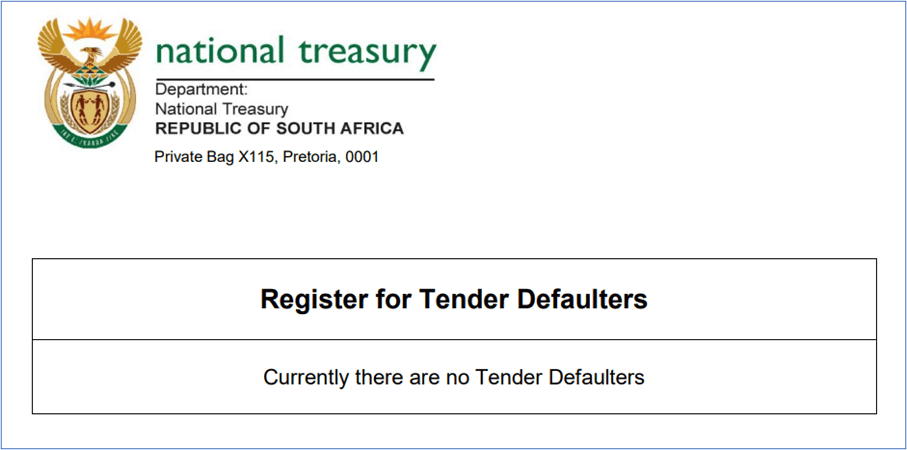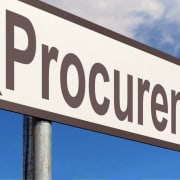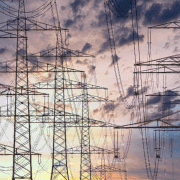|
Getting your Trinity Audio player ready...
|
By Kirsten Pearson
In a nation gripped by the effects of corruption on service delivery and human rights realisation, one would expect all available accountability mechanisms to be used to stem maladministration. Yet, despite the South African public bearing witness to years of revelations of grand corruption via the state capture commission, a critical tool for combating corruption remains alarmingly underused: the tender defaulters register.
This register is meant to contain the names of state procurement suppliers who have been found guilty of corruption by a court of law. The tender defaulters register differs from the restricted suppliers register, where an administrative process is used to blacklist suppliers – the latter has 179 suppliers listed on it.
If used properly, the tender defaulters register is an accountability mechanism that marks companies that engage in corruption and acts of criminality as being unfit to engage in future tender processes, which in turn sends a message to other suppliers that doing dishonest business with the state does not pay.
However, the register remains blank. Yes, what you read is correct ˗ the tender defaulters register has zero suppliers listed on it even though the state procurement system is fraught with corrupt suppliers.

One cannot help but wonder: How is it possible that in a climate of corruption, where there are regular news articles about allegations of corruption in public procurement processes, there are no suppliers on the tender defaulters register? Is it due to bureaucratic bungling that names have not been added to the list, failure of enforcement, a lack of will, or something else?
No response to queries
Corruption Watch (CW) attempted to find out, so we engaged in a letter writing campaign.
Section 28(2) of the Prevention and Combating of Corrupt Activities Act says that the registrar or clerk of the court must forward any court order ordering that a supplier be added to the tender defaulters register to the registrar of the list, which is National Treasury.
Therefore, in November 2023, CW sent 13 letters to the registrars of each high court querying why the tender defaulters register contains no suppliers.
We requested the court registrars to confirm whether there have been any cases since 2013 in which the recommended remedy was that a supplier who has engaged in corruption be placed on the tender defaulters register, and if so, to list the relevant cases and suppliers. We also asked, if there were no cases where such a remedy was recommended, what the reasons are for this.
Only the Chief Registrar: Gauteng Division, Johannesburg responded, advising that CW should submit a Promotion of Access to Information Act (PAIA) request.
Back and forth
Based on that response, we prepared a PAIA request and submitted it to the Department of Justice and Constitutional Development (DoJ&CD) on 14 December 2023. The DoJ&CD transferred the PAIA request to the Office of the Chief Justice on 18 December 2023. On receipt of the PAIA request, the Office of the Chief Justice in turn transferred the PAIA request to the National Treasury.
On 14 February 2024, after requesting an extension, the Treasury responded as follows: “Please note that the requested records do not exist in the NT. An affidavit to that effect is attached hereto for your attention, in line with section 23 (1) (b) (ii) of the (Promotion of Access to Information) Act.”
Unfortunately, 14 letters, three referrals, a PAIA, and even an affidavit later, our questions remained unanswered. Our efforts drew a blank – just like the tender defaulters register. We have no more clarity to share with you about the reasons that the tender defaulters register is blank than when we started.
Anti-corruption inadequacies
The absence of suppliers on the tender defaulters register is not just concerning, it’s a glaring omission that speaks volumes about the inadequacies of the country’s anti-corruption efforts and the impunity with which corruption has been allowed to thrive.
The implications of this oversight are profound. It undermines the very foundation of fair and transparent governance, perpetuating a culture of impunity where wrongdoers face little to no consequences for their actions. It erodes public trust in institutions and perpetuates the cycle of corruption that continues to plague our society.
It’s time for action. The glaring absence of suppliers on the tender defaulters register cannot be allowed to continue unchecked. It’s imperative that we bolster our anti-corruption efforts, strengthen enforcement mechanisms, and ensure that those who steal from the public purse are held accountable for their actions.
This starts with an adequate answer as to why the register remains empty and what steps need to be taken to rectify this glaring oversight. Only by holding wrongdoers to account and upholding the principles of transparency and accountability, can we hope to build a more just and equitable society for all South Africans.








